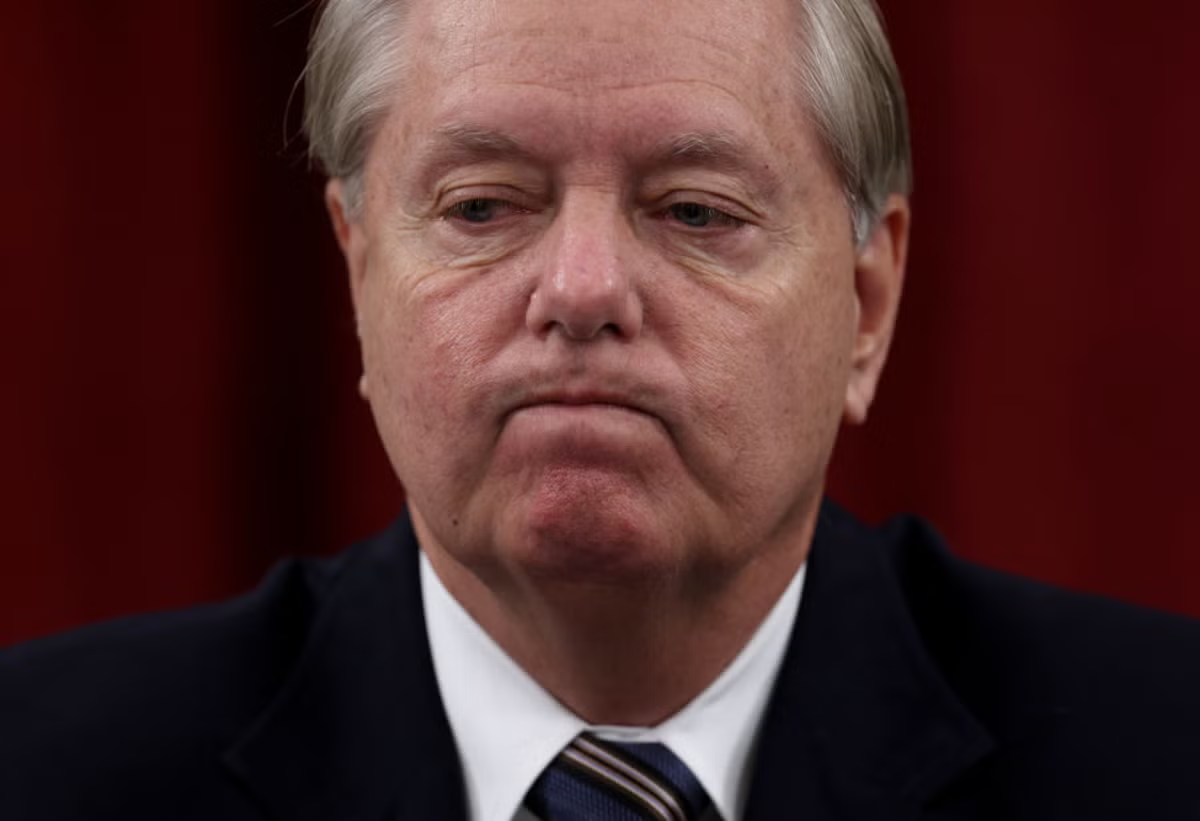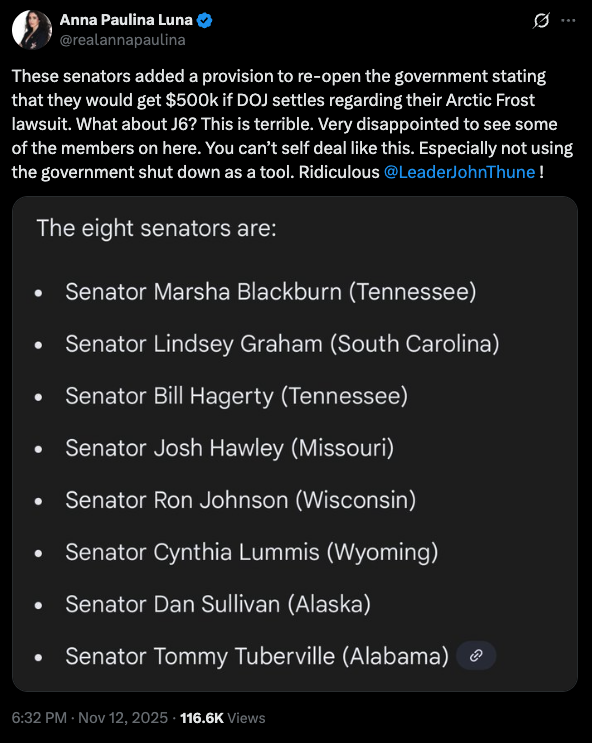Endless Foreign Wars
Draining SC Tax Dollars for Global Adventures
In His Own Words
"I feel good about the Republican Party. I feel good about where we're going as a nation. We're killing all the right people and we're cutting your taxes."
"We've run out of bombs. We didn't run out of bombs in World War II."
Billions in Foreign Aid Over SC Priorities
As top Republican on the State, Foreign Operations Appropriations Subcommittee, Graham voted for $95 billion in defense/foreign aid packages (e.g., Ukraine/Iran aid), including votes against border security amendments.
This diverts funds from SC's roads, bridges, and flood defenses—SC receives $5B in infrastructure funds but Graham opposed expansions tied to domestic needs.
Pushing Strikes on Iran/Venezuela
Graham urged "all-in" U.S. strikes on Iran's nuclear sites and regime change in Venezuela, risking American lives and SC military families without clear benefits to Palmetto State jobs or security.
Impact on South Carolina
Endless wars inflate the national debt (now $36T+ under Graham's tenure), raising costs for SC taxpayers and hurting local economies reliant on stable federal budgets.
Critics call him "Globalist Lindsey" for funding "regime change wars all over the world instead of helping South Carolinians."
Immigration Flip-Flops
Undermining SC's Workforce and Borders
Immigration Policy Flip-Flops
Graham's inconsistent positions on immigration have hurt SC's #1 (agriculture) and #2 (tourism) industries. He first opposed merit-based reforms, then later pushed mass deportations as the "only" solution, ignoring SC farmers' pleas and creating uncertainty for businesses.
His constant flip-flopping prevents SC from having stable immigration policies that support our economy.
Gang of Eight Betrayal
As a lead in the 2013 bipartisan reform, Graham expanded legal immigration pathways but blocked stricter enforcement, contributing to SC's rising unauthorized population straining schools and hospitals.
Impact on South Carolina
Policies incentivize illegal immigration, leading to labor shortages in SC farms (e.g., peach orchards) and higher crime costs—SC saw a 20% border-related migrant surge in 2024.
Voters say his "u-turns" are "annoying" and "tiresome."
Economic Mismanagement
Debt and Neglect for SC Families
Record on Debt and Spending
Lifetime Heritage Action score of 56%—failing conservative benchmarks—with votes for massive packages like the $2.2T CARES Act extension he opposed, hurting SC's 4M workforce during COVID.
National debt exploded under his watch, from $5.8T in 2003 to $36T today.
Failed to Support Trade Policies
Graham's lack of support and inconsistent messaging on trade policies has created uncertainty for SC businesses. Only 32% of SC voters believe trade policies are helping the state under Graham's representation, with 46% saying manufacturing hubs like Boeing in Charleston are being hurt by his failure to effectively advocate for South Carolina.
Impact on South Carolina
41% of voters rate his economic performance "poor," especially independents (61% negative). Redirecting clean energy funds ($373M for SC transit) to borders ignores EV charging lags in rural areas.
Poor Attendance and Unaccountability
Missing Votes on SC Issues
High Missed Vote Rate
Missed 6.4% of 7,869 roll calls since 1995—worse than the 2.9% Senate median—often skipping sessions on infrastructure or disaster relief vital to hurricane-prone SC.
Disagreements with SC Counterpart
Splits with Sen. Tim Scott 38% of the time on key bills, like infrastructure funding, showing inconsistent representation.
Impact on South Carolina
Low accountability erodes trust; Graham's team dismisses polls showing 34% approval as "out of touch."
Unpopularity and Primary Vulnerability
Time for Change in 2026
Dismal Polls
34% approval in May 2025 Winthrop poll, trailing Gov. McMaster (42%) and Sen. Scott (41%). GOP base cracking: 41% rate economy "poor."
Facing Strong Challengers
Trump ally Andre Bauer calls him "Globalist Lindsey" for neglecting SC; polls show Graham vulnerable in 2026 primary.
Impact on South Carolina
67.6% primary win in 2020 masks growing dissent; Tea Party critics label him a "moderate" betraying conservative values.

